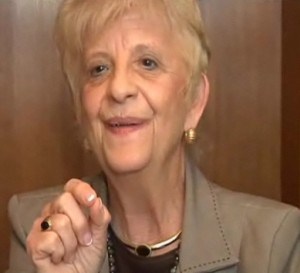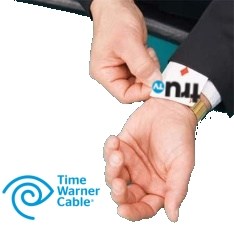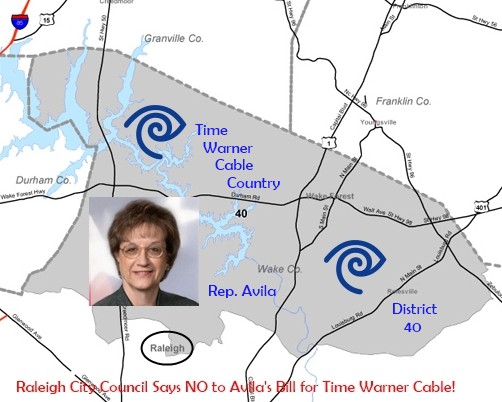On this morning’s conference call for investors, Wall Street continued to pound Time Warner Cable CEO Glenn Britt about when the company would introduce an Internet Overcharging scheme for broadband customers in the form of so-called “usage based billing.”
This quarter, the pressure came from Deutsche Bank’s Doug Mitchelson, who used the occasion to remind Britt he called usage pricing “inevitable” and wanted to know when the company was going to get the ball rolling on the pricing scheme.
Britt was unprepared to answer, other than to make comparisons about his “inevitable” remark with wireless carriers, who have said the same thing about the end of unlimited use plans in wireless, a different technology.
After following Britt’s public statements for more than two years about this subject, we detected a moderating view. Britt told investors he believes “there should remain an unlimited plan for those who want to buy that,” and suggested Time Warner Cable might not be interested in applying usage pricing on every level of its broadband service. That could be good news, so long as Britt doesn’t believe the price of “unlimited” should be the $150 a month the company proposed in 2009.
“We’re more focused on affordability and lower income people who might be light users and might seek to pay less because they use less,” Britt said. “That’s a much better context than the usual ‘oh those people using all the bandwidth’ and caps and all that stuff.”
Britt added he doesn’t anticipate having caps across the board.
Mitchelson explained in a follow-up question why Wall Street is interested in the adoption of usage pricing – an increase in “ARPU growth” — the average revenue earned from each broadband customer in the form of more expensive usage plans.
Britt acknowledges what Stop the Cap! has predicted all along — ARPU growth can be realized instead from subscribers upgrading to faster speed tiers, which carry higher costs. Britt told Mitchelson he, and other investors, can get the ARPU growth they crave by looking at those numbers instead of earnings from usage based pricing.
How long before Wall Street demands both speed-related ARPU growth and extra earnings from usage pricing is an open question, but Britt’s latest remarks represent a significant shift in attitude about pricing broadband, potentially because the company has a new found appreciation for the limited capability of customers to keep opening their wallets to pay higher and higher cable bills. That was clearly in evidence as the company tried to explain another quarter of declining cable TV customers, many forced out of the service because of its high cost.
Time Warner Cable CEO Glenn Britt answers a question about usage-based pricing from Deutsche Bank’s Doug Mitchelson, just one of a parade of Wall Street banks pushing broadband providers to adopt Internet Overcharging to increase profits. July 28, 2011. (2 minutes)
You must remain on this page to hear the clip, or you can download the clip and listen later.


 Subscribe
Subscribe







